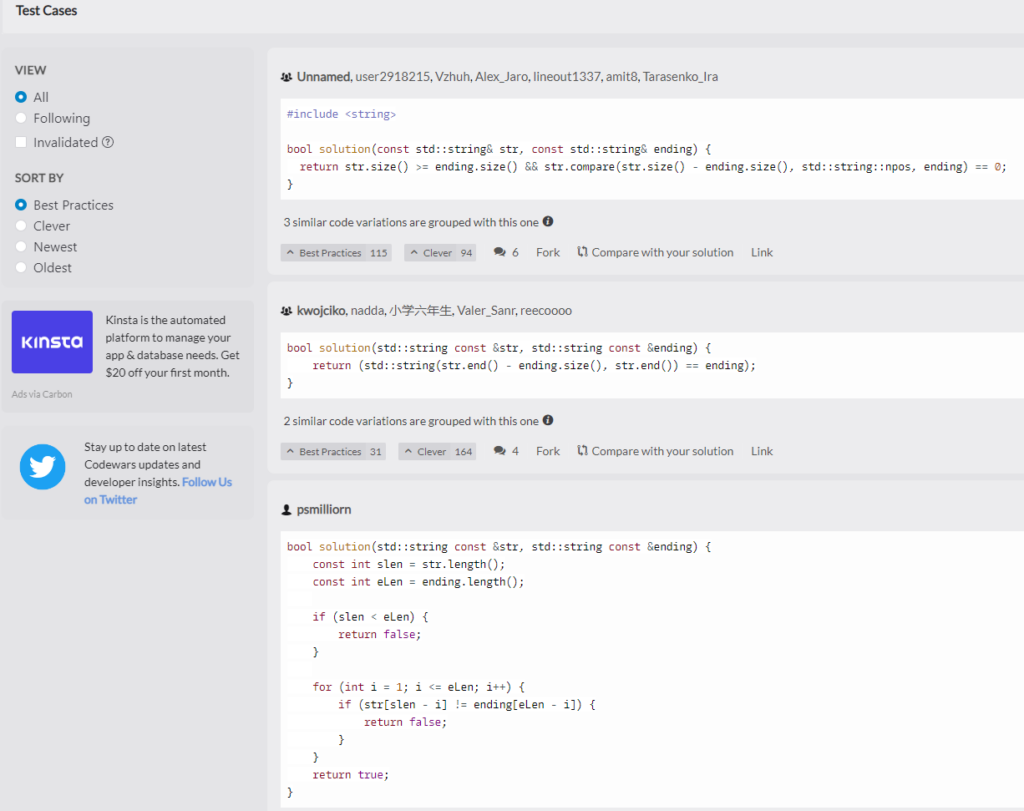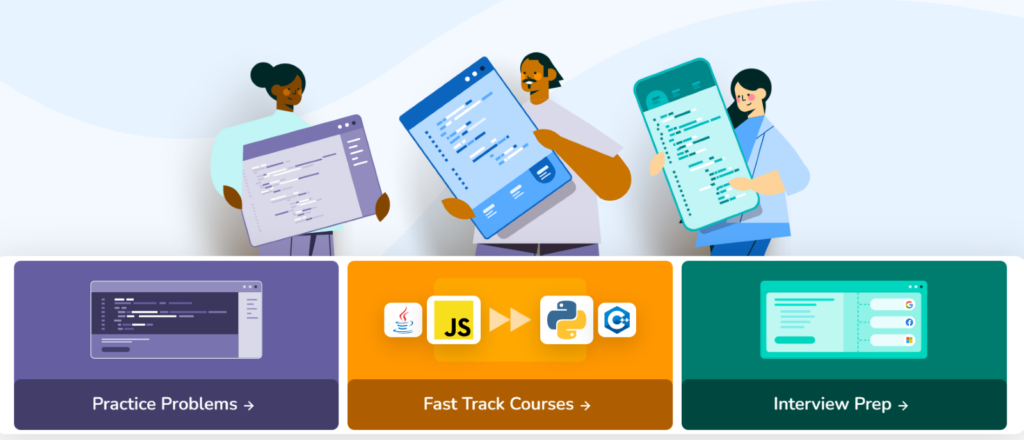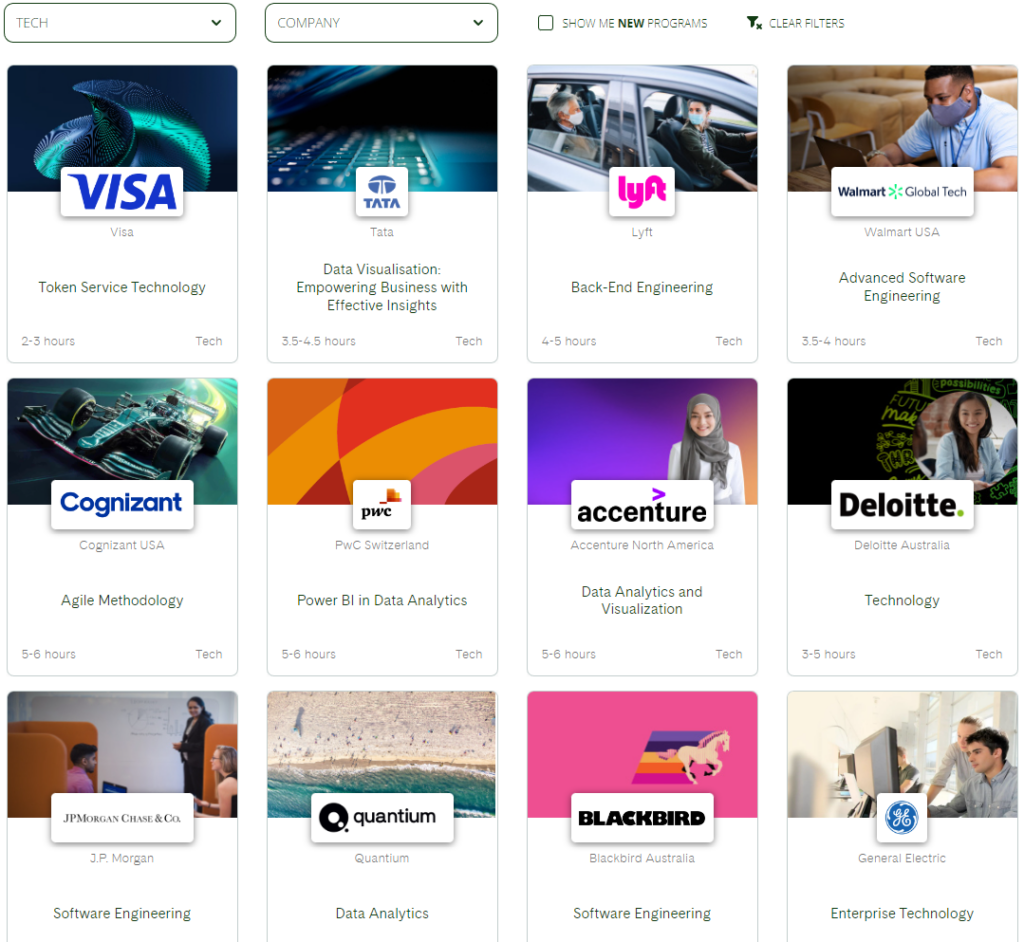A few months ago, I wrote an article about creating a CV, with the assistance of resources provided by the careers service. I learnt a great deal, but it was only one-half of the initial application process. This is a follow-up to that article, focusing on the other half: the cover letter. And thankfully, the careers service has resources to help again!
When it comes to writing a cover letter to accompany your CV, there are several pitfalls you could run into. And the main reason is that many people don’t know exactly why they are writing a cover letter.
Many make the mistake of just using it as an opportunity to rattle off their CV again.
What you should be focusing on is you, what you are doing, why you want the role and why they should want you for the role.
It is about linking the skills you have shown in your CV to the role you are applying for and why exactly they make you perfect for the role.
What goes in my cover letter?
In the past when I tried writing a cover letter, I didn’t really follow a set structure and just wrote until I filled a page. Not the best method to get the attention of a company. But through using the University’s resources, courtesy of the Careers Service, I have a much better understanding of how to approach this one-page conundrum.
The main objective of a cover letter is to show the company you are applying for who you are.
That personal touch makes you a person rather than another application in a dozen. The challenge is that you only have one page to do that. Sticking to that one-page limit is hard but here is a method of breaking it down:
- Beginning
- Introduction
- Why them?
- Why you?
- Ending
Let’s look at what each step asks for…
Beginning
Address who you are talking to, and make sure to get their name and job title correct! Try to do some research to find the name of the person who will read your application.
Introduction
First impressions matter, and this is where you do just that. So be sure to make it something strong, positive and confident. Explain what you are doing now and explain why you are writing. If applying for a specific role, state which role and where you saw the application.
This part is especially important if you are applying speculatively for a role as you will need to be specific about what kind of role you are applying for and be sure to consider giving a range of options in case the role you want is not available.
Why you
Now that they have a rough idea of who you are and why you are writing, it is time to start selling yourself to them and explain why they should hire you for the role. Summarise what you have to offer by talking about the key selling points from your CV that demonstrate that you are what they are looking for. Don’t just repeat what is in your CV (that’s why you have one!), but rather give a concise summary with specific examples. Avoid talking about generic skills and qualities in isolation!
Convey your enthusiasm for the role and what you can bring to the role by talking about what relevant experience you can bring to the role. This could come from your degree, an internship or other bit of extracurricular work.
This is the most important part of your cover letter and chances are you might write more for this bit than you would other parts, so feel free to break it down into two paragraphs.
Why them
It can be a pain having to write a cover letter for every single company you apply for, and it can be very tempting to just use a generic one; but that will do you no favours. Each cover letter should be tailored to the organisation and role you are applying for. Otherwise, you won’t come across well to employers.
Research the company to find out as much as possible about the field of work, the company and the role you are applying for. This will also give insight into their ethos, training and product/services which you should also talk about. Furthermore, it will help inform you as to whether this company is the right one for you.
The orginisation’s website is a great place to start to research but don’t just repeat what is on there. Have a look around on LinkedIn at current employees and what they are up to.
Ending
End on a positive and friendly note asking when they would be able to have an interview before signing off with ‘Yours sincerely’ if the name of the person you are applying to is known but if not, put ‘Yours faithfully’
The Careers Service has many more resources and detail about what to write in each paragraph of your cover letter, so be sure to check them out here.
How do I write my cover letter?
Now that we have a rough idea of what we should include in a cover letter, it is good to get some practice at writing them. The only issue with this is that you need a job to apply for.
If you want to practice early, you may not want to wait for a specific role to come available for you to practice on. Thankfully though, the university links a fantastic resource where you can find templated job descriptions for a range of different roles. You can find it here.

By using these examples, you can create cover letters that specifically target the requirements of those roles without the pressure of deadlines.
The careers service has example cover letters that you can also give some initial inspiration if you are struggling.
How can I check if my cover letter is good?
Now that you have practiced writing a cover letter, how do you check what is good and what areas to improve on?
If you have read the CV article, it mentions an extremely useful AI-powered tool called CareerSet which analyses your CV and highlights what areas you should improve on. CareerSet also works for cover letters.
Like the CV, you get an overall rating of your cover letter, giving an indication as if you should make changes or not.

It gives clear examples of not only what you could improve on, but also what you did well!

Not only does it evaluate the content and structure of your cover letter, but the relevance to the job description you are applying for. This is extremely important to help stop your applications from becoming generic, and are more tailored to the role itself!

Of course, computer-based feedback may have some advantages, but at the end of the day, you want to make sure your cover letter appeals to an actual human. You can submit your cover letter to the Careers service, and they will give written feedback to you in around five working days. You can book a slot here.
The career service can also help if you don’t have much work experience to include in your CV as you can book an information appointment to help develop your skills. Additionally, if you need any reasonable adjustments or have extenuating circumstances, the careers service can help you with how best to include this information in your cover letter.
Cover letters may seem intimidating but at the end of the day, they are just a single page that you get to spend talking about how great you are. How bad can that be?















